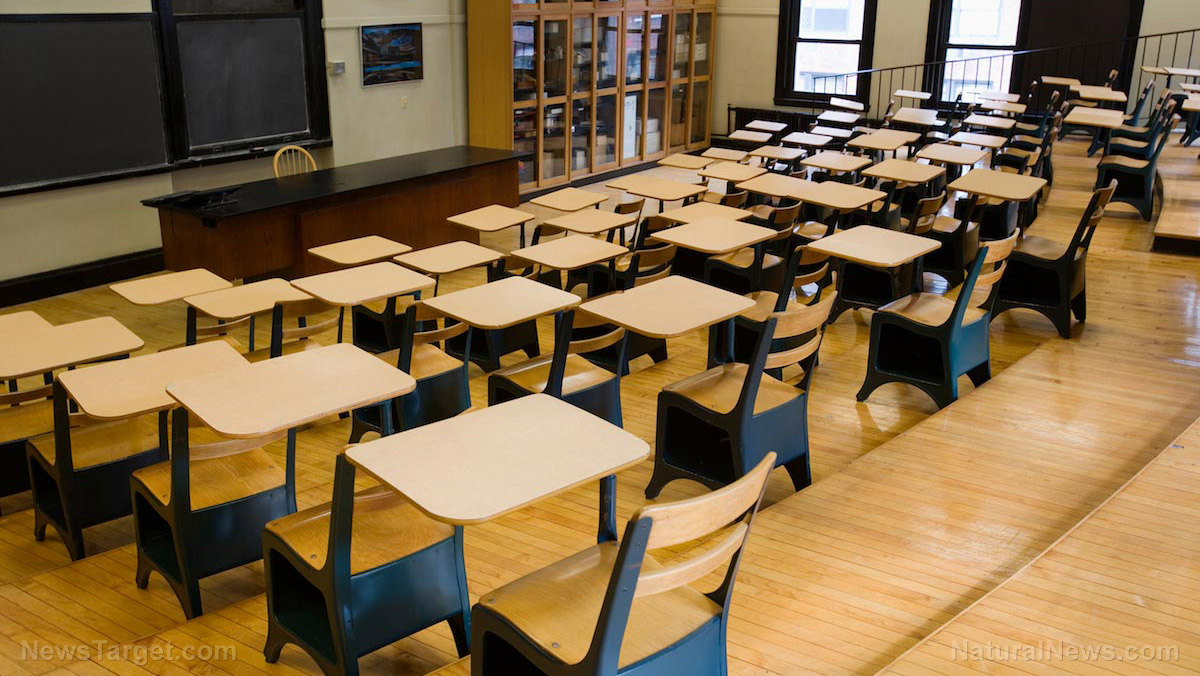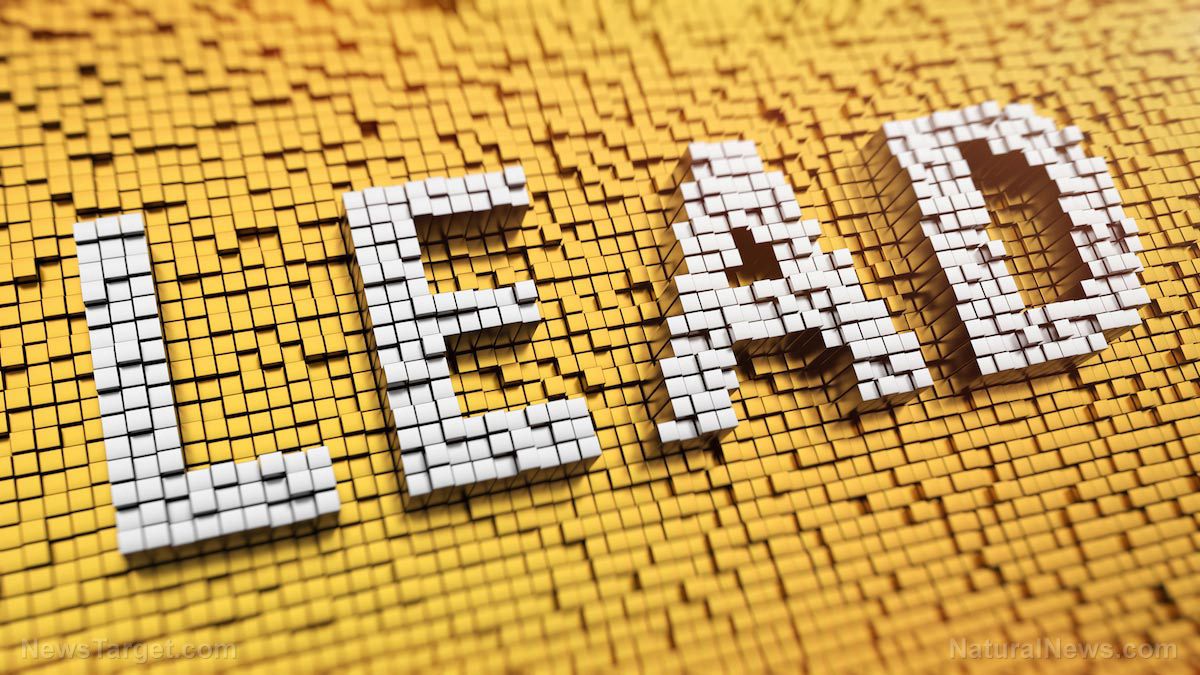Here’s why people don’t understand national debt: Americans rank almost last in math skills
11/30/2015 / By metalsnews

It’s no longer just a punch line on a late night comedy shows or a throwaway political sound bite: The fact that Americans are becoming completely stupid about all things mathematics is getting out of hand, and very serious.
And it could explain a lot of things, like why kids don’t know anything about personal finances (if they haven’t been taught about them by their parents) and why more of us are not outraged – and frightened – by our nation’s burgeoning national debt.
Recently, the U.S. Department of Education’s National Center for Education Statistics released the initial results of an international survey of adult skills in literacy and mathematics.
Of 23 developed/advanced nations/economies, Americans rank 21st in “numeracy”; our nation is tied for 15th place in overall literacy among adults.
Quite simply, our education system – long dominated by Washington mandates and tenured teachers unions – is failing our country. I don’t know how many more examples it will take before we disengage our heads from our anal crevices and figure out that what we’ve been doing – or, more accurately, what’s being forced upon us – just isn’t working.
A measurement of failure
According to CNSNews.com, which reported the Education Department’s findings, “American adults also scored below the average in both numeracy and literacy for all respondents in all 23 advanced economies.”
Ranking first and second in both categories was Japan and Finland, respectively. The bottom two spots were taken respectively by Italy and Spain.
There is no comfort in knowing that only two other developed nations are worse then we are.
As reported by CNSNews.com:
The international survey – the Program for the International Assessment of Adult Competencies (PIAAC) – was developed by the Organization for Economic Cooperation and Development.
The data from Russia was not included in the initial results, the NCES said, “because they were released too late for publication.”
So it’s possible we could be a bit better. Or worse.
According to the federal agency conducting the study, “numeracy” is defined as “the ability to access, use, interpret, and communicate mathematical information and ideas, to engage in and manage mathematical demands of a range of situations in adult life.”
Literacy, meanwhile, was defined as “understanding, evaluating, using and engaging with written text to participate in society to achieve one’s goals and to develop one’s knowledge and potential.”
The scores
The survey sampled about 5,000 Americans ages 16 to 65, using a test that was scored on a scale of 0-500.
In numeracy, American adults managed an average score of 253 out of 500; Italians, by comparison, averaged near that, at 247, while Spanish adults averaged 246.
By comparison, Japanese adults who led in numeracy averaged 288 out of 500. Finnish adults averaged 282, while Belgians and the Dutch averaged 280.
Literacy averages were a little better. American adults scored an average of 270 out of 500, while Japanese scored 296, and Finnish adults scored 288.
More from CNSNews.com:
The NCES report said that among the American survey sample there were 112 people who were unable to complete even the survey’s initial background questionnaire “because of a literacy-related barrier: either the inability to communicate in English or Spanish (the two languages in which the background questionnaire was administered) or a mental disability.”
Also, the site noted, “In the numeracy rankings the difference in the average scores of the adults in Ireland, France and the United States were not statistically significant. In the literacy rankings the difference in the average scores of the adults in the United Kingdom, Denmark, Germany, the United States, Austria and Cyprus were not statistically significant.”
Sources:
Tagged Under:



















